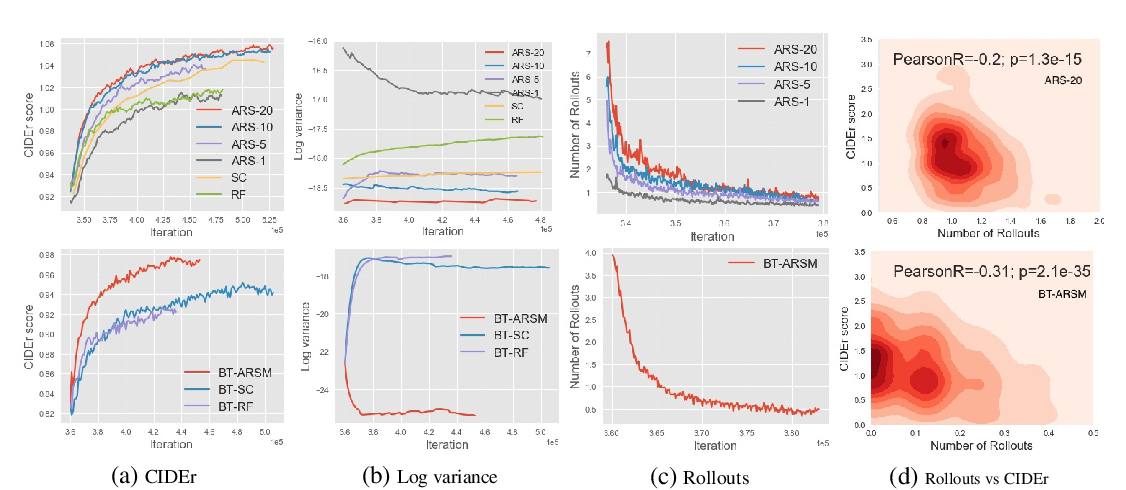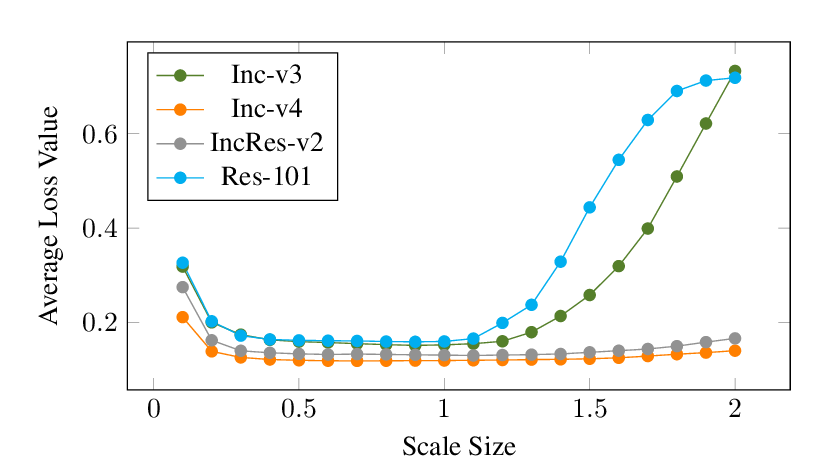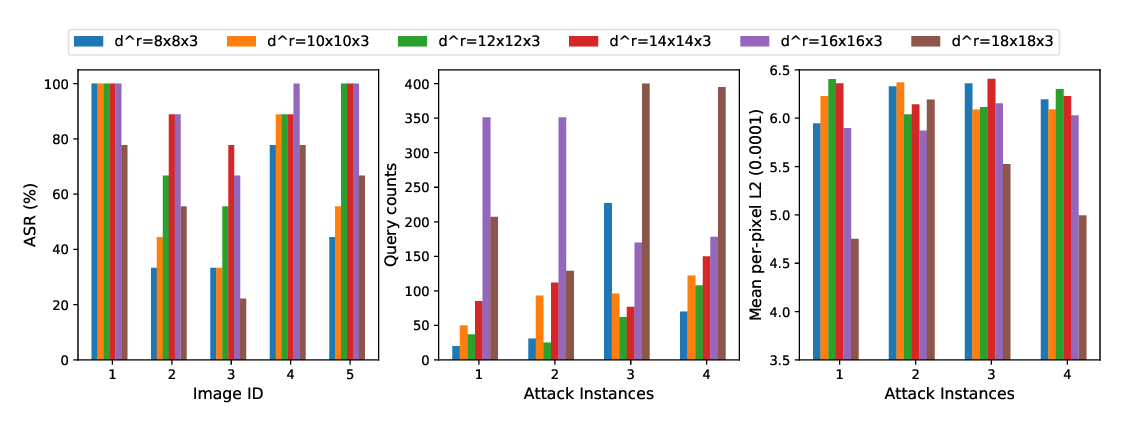Abstract:
Training a classifier over a large number of classes, known as 'extreme classification', has become a topic of major interest with applications in technology, science, and e-commerce. Traditional softmax regression induces a gradient cost proportional to the number of classes C, which often is prohibitively expensive. A popular scalable softmax approximation relies on uniform negative sampling, which suffers from slow convergence due a poor signal-to-noise ratio. In this paper, we propose a simple training method for drastically enhancing the gradient signal by drawing negative samples from an adversarial model that mimics the data distribution. Our contributions are three-fold: (i) an adversarial sampling mechanism that produces negative samples at a cost only logarithmic in C, thus still resulting in cheap gradient updates; (ii) a mathematical proof that this adversarial sampling minimizes the gradient variance while any bias due to non-uniform sampling can be removed; (iii) experimental results on large scale data sets that show a reduction of the training time by an order of magnitude relative to several competitive baselines.



